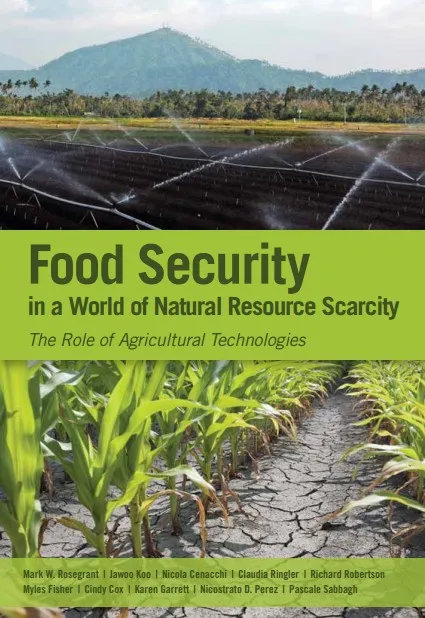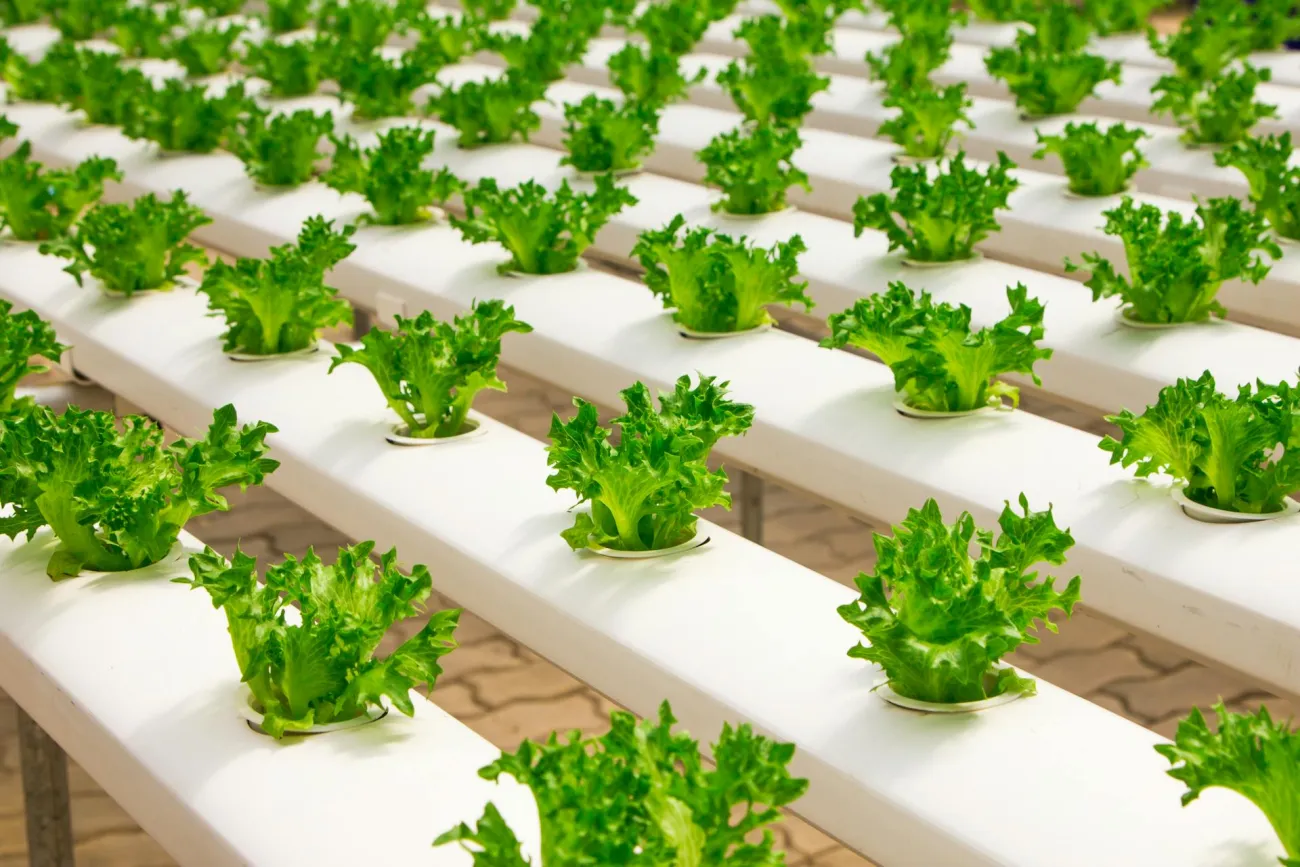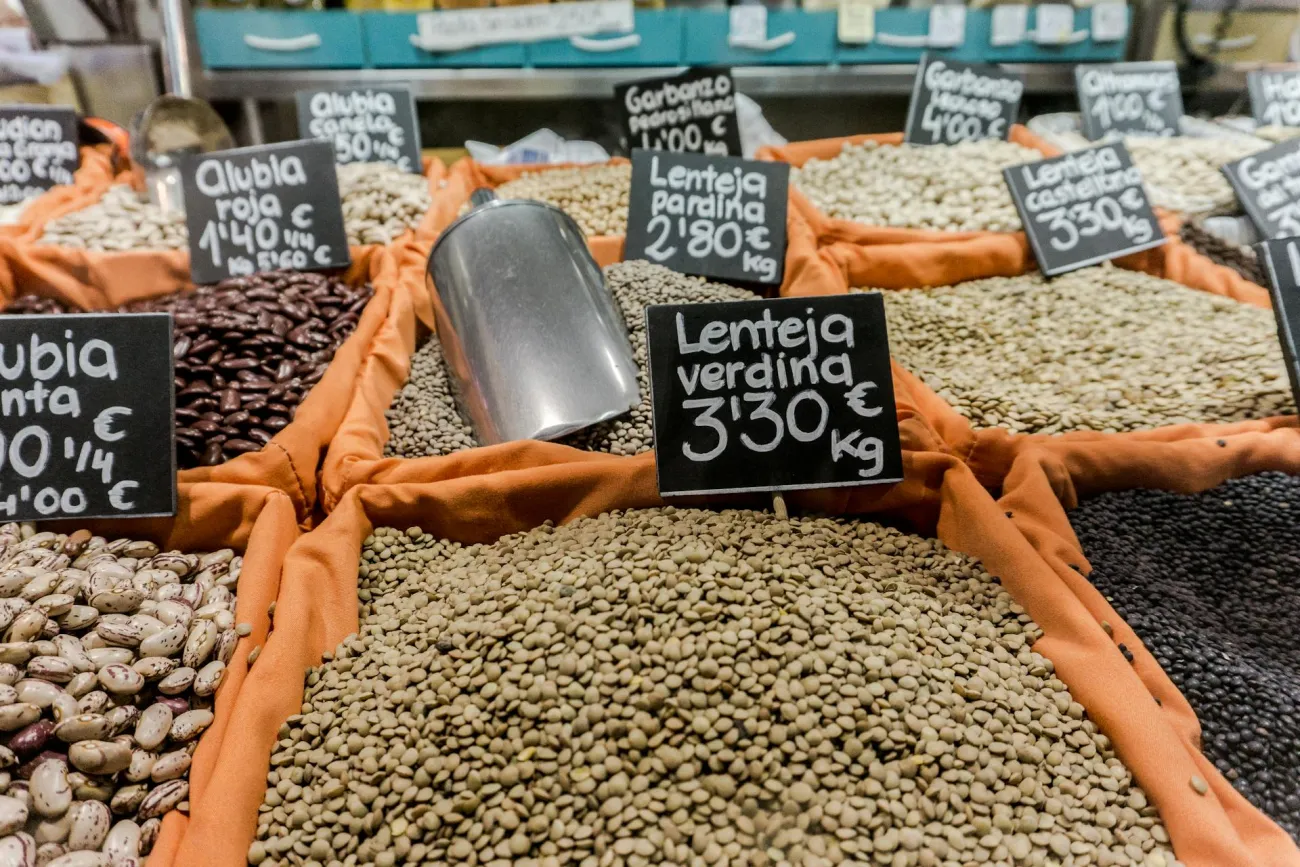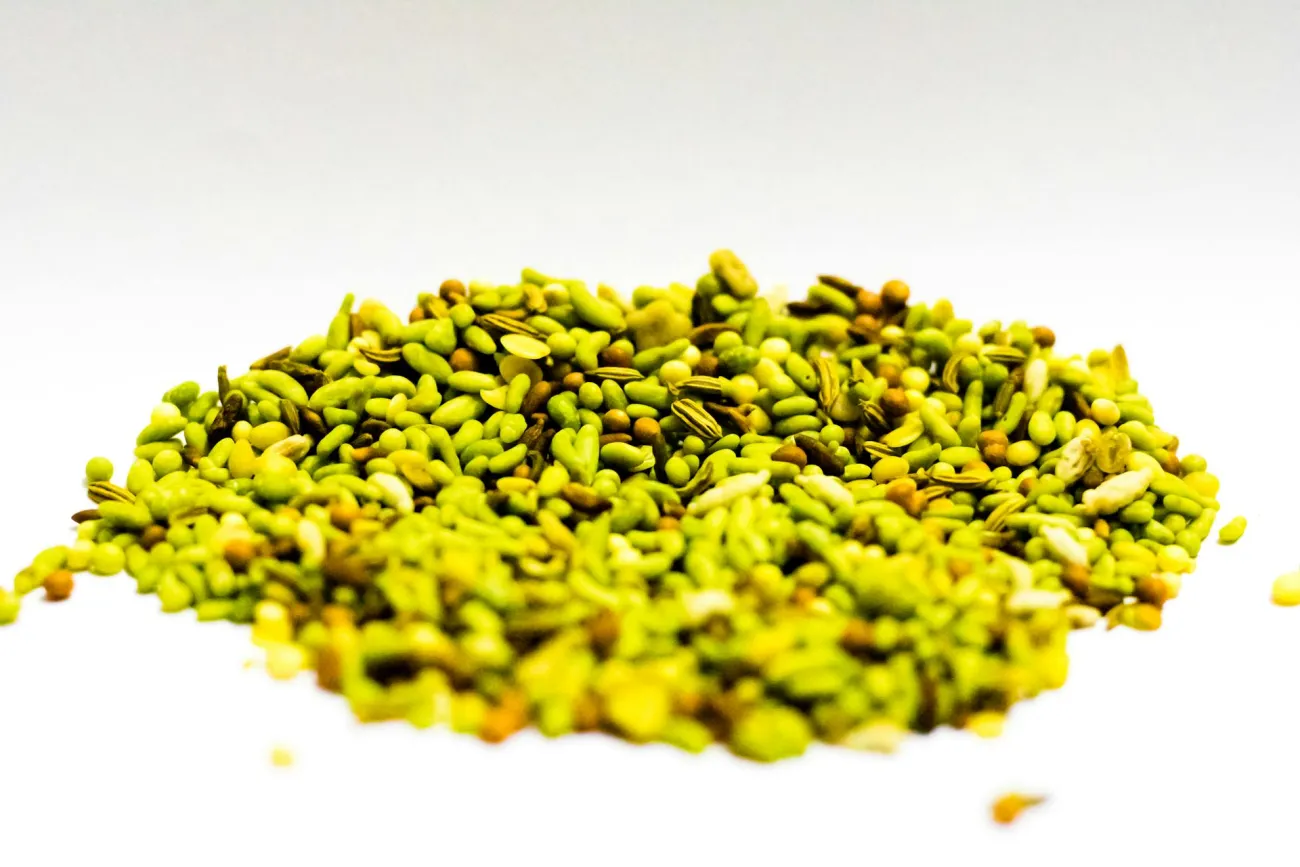
Food Security in a World of Natural Resource Scarcity: The Role of Agricultural Technologies examines the role of agricultural practices and technologies in helping farmers improve the sustainability of maize, rice, and wheat production. We have previously highlighted an earlier IFPRI policy brief in this newsletter on the same topic.
The report measures the impacts of agricultural innovation on farm productivity, prices, hunger, and trade flows in order to identify the most promising agricultural tools for reducing food prices and food insecurity in developing nations. The report highlights both global and regional impacts on yields comparing different climate scenarios and different innovations in for example irrigation. It also discusses drought impacts on the three crops and drought tolerance of different regions.
Some of the report's conclusions are:
- No-till farming alone could increase maize yields by 20 percent; with additional irrigation the same no-till fields could increase maize yields by 67 percent in 2050.
- Nitrogen-use efficiency could increase rice crop yields by 22 percent; irrigation increases yields by another 21 percent.
- Heat-tolerant varieties of wheat could increase crop yields from a 17 percent increase to a 23 percent increase with irrigation.
IFPRI highlights that no single technology will help solve the problem, maximising yields would rather require adopting a mix of technologies.
This full report is available here.
For more information on agricultural technologies and innovation, go to our research library categories on these topics here and here. You can also find a special section on food security and natural resource use here and here.




Comments (0)